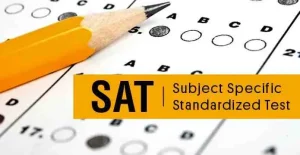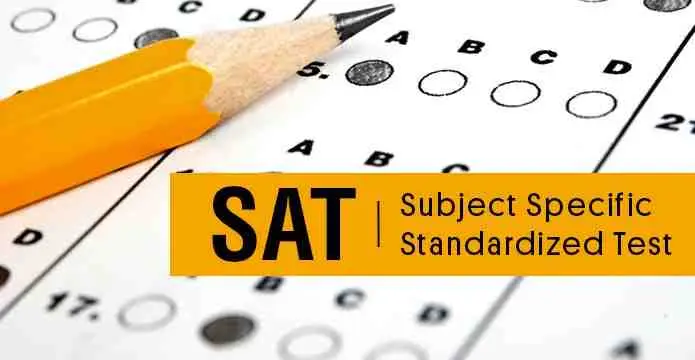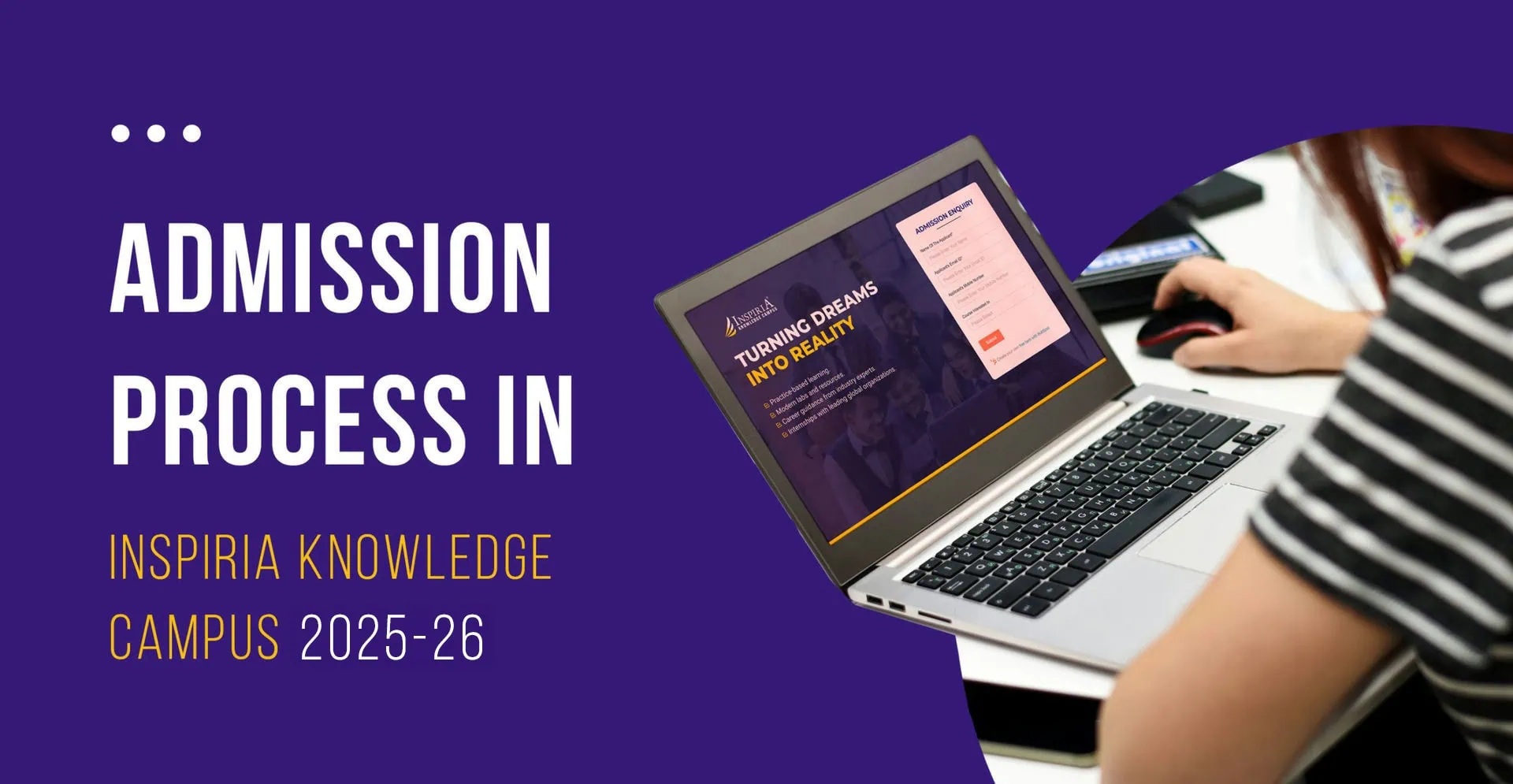SAT subject tests are subject-specific standardized tests that are required by many colleges. Many private schools still require these tests for admissions. All schools post admissions requirements on their websites. There are tests for a variety of subjects including Math, Biology, Chemistry, Physics, Foreign languages, History, and English. One should look for opportunities to take SAT Subject Tests. One can take SAT Subject Tests as late as fall of senior year and still have the results included in college applications. SAT are designed to assess your academic readiness for college. These exams provide a path to opportunities, financial support, and scholarships, in a way that’s fair to all students. Subject Tests keep pace with what colleges are looking for today, measuring the skills required for success in the 21st century.

It is conducted in two different phases, one is conducted on the general SAT basis comprising questions from the subjects, such as Mathematics, reading and writing sections and other phase comprises of specific subject test, which involves subjects such as Mathematics with two levels, Science, History, English literature and other language tests. The SAT subject test is optional and if a student wish to take the exam in order to illustrate strength in the particular subject, then the student can take the exam.
SAT scores are allocated finally after collecting the raw scores in each level. The final scores would be result of statistical analysis of the combination of number of correct questions, wrong questions and the question that are not been attended etc. The ability of the student is further analyzed through a 25 minute section in the SAT test, but the score in this test is not counted into the finals. The raw scores are finally converted on a scale of 200-800 scales, via a process called Equating. The equating procedure further ensures that the level of ability of students would not affect the scores of other students, when compared. The questions are weighted equally. For each correct answer, one raw point is added. For each incorrect answer one-fourth of a point is deducted. No points are deducted for incorrect math grid-in questions. This ensures that a student’s mathematically expected gain from guessing is zero.
Image Courtesies: Affairs Today & Wikipedia









